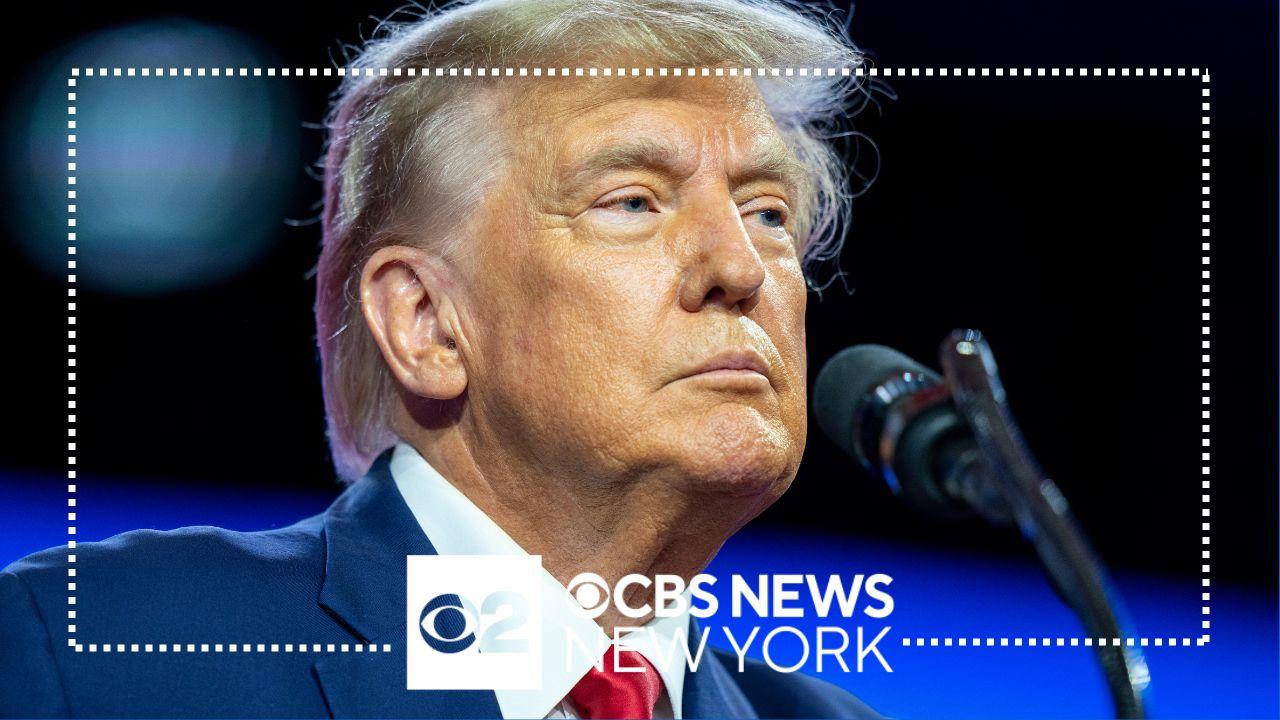In a pivotal case that captured the nation’s attention, former President Donald Trump and the Trump Organization were ordered by a New York judge to pay a staggering $354 million in fines. This amount swells to $453.5 million when pre-judgment interest is considered. The court ruling also includes significant operational restrictions for Trump and his company, including prohibiting them from obtaining loans from any financial institution in New York for the next three years and preventing Trump from serving as an officer or director of any New York-based corporation throughout the same period.
This case was primarily overseen by Judge Arthur Engoron, who delivered this decision five weeks following the culmination of the trial. The fines are a part of a broader set of repercussions, extending to Trump’s sons—Eric and Donald Trump Jr.—who hold executive roles at the company, as well as former executives Allen Weisselberg and Jeffrey McConney, although specifics on their penalties remain less clear.
The roots of this lawsuit stretch back to 2022, when New York Attorney General Letitia James initiated the civil suit against Trump. The suit aimed for a then-projected fine around $370 million and sought to entirely preclude Trump from conducting business within the state, a significant escalation from the current imposed fines and business operational restrictions.
Prior to the trial phase, Judge Engoron had determined in September that Trump and his fellow defendants were liable for fraud based on substantial evidence from pretrial documents. These allegations mostly revolved around claims that Trump and company officials grossly inflated the valuations of his varying properties by hundreds of millions of dollars over a decade. Such misrepresentations of his wealth, according to the state, were maneuvers intended to deceive banks and insurers into offering more advantageous terms in deals.
Trump and his counsel have been vocally critical of the proceedings, labeling the case as “rigged” and a “sham.” Anticipating a potential unfavorable outcome, they had already begun laying the groundwork for an appeal—a legal step Trump is expected to pursue in response to this decision. The implications of the case and this ruling resonate through political, legal, and financial spectrums, hinting at long-term impacts on Trump’s business dealings as well as his public and political persona.
For further details on Judge Engoron’s decisive ruling against the former president and his business empire, the complete judgment can be found and read extensively here.
Further Investigations and Legal Challenges
This lawsuit is among several legal battles Trump faces. Related coverage on these extensive investigations and their implications for Trump can be explored further in the “Trump Investigations” collection. This ongoing saga continuously updates as new developments arise.
Reporter’s Insights
The case has been reported by Graham Kates, an investigative journalist specializing in covering criminal justice, privacy issues, and information security for CBS News Digital. Kates’s reports delve deep into the crux of the legal challenges and controversies surrounding former President Trump, providing a comprehensive view of the intricate web of legal proceedings Trump is entangled with. For further inquiries or information, Kates can be reached via email at KatesG@cbsnews.com or through his personal email, grahamkates@protonmail.com.
As the situation unfolds, the ramifications of this ruling are yet to be fully realized, both for Donald Trump personally, his business empire, and possibly even for the broader political landscape he still profoundly influences. Whether this marks a turning point in Trump’s long career in business and politics remains a focal point of intense scrutiny and public debate.









